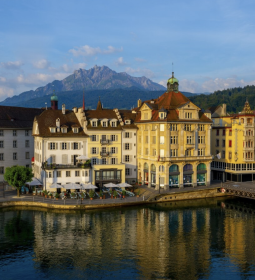Parents do everything to ensure that their child graduates from a prestigious university and gets a job. Many send their children to study in Europe and hope that after graduation they will build a career there, but often children return to their homeland, which sometimes disappoints parents.

Why is it difficult to stay in Europe
Moms and dads are blindly sure that their child will definitely find a well-paid job after graduating from a European university, receive citizenship and start building a career. And how upset many people are when children do not succeed and they return home!
However, do not blame students - it is important to take into account the peculiarities of European legislation. When applying to different countries, you need to familiarize yourself with how a student visa works: in some countries, it expires immediately after graduation, in others there are six months for graduates to find a job (for example, in Austria, graduates are given 6 months to officially find a job). However, the problem is that employers are looking for employees with work experience or offer lower salaries than students need in order to stay in the country (on average 2,400 euros). If the graduate fails to find anything suitable during this time, he is forced to leave.
Another problem is the change in legislation. Applicants often enroll in studies counting on the same conditions, but by the time they graduate, they may change. For example, in the UK in 2012, the Tier-1 visa, with which you could look for a job, was abolished – there are other types of visas, yes, but in order to get them, you need to score a lot of points, and the main part of the points can be obtained for an invitation from an employer or the presence of a sponsor.
How can a graduate obtain a visa or citizenship?
Parents are trying to look for alternative ways to obtain a residence permit for their children. The most suitable solution would be to obtain EU citizenship or the status of a financially independent person, for example, in Austria. With an EU passport, you can run your own business, work, travel; Previously, it was easier for citizens of the CIS countries to obtain citizenship in Cyprus or Malta, but now it has become much more difficult.
There are preferential conditions for obtaining the status of a financially independent person in the EU.
There are several ways to obtain a residence permit and citizenship:
- Austria: obtain citizenship as a financially independent person or citizenship of Malta and Cyprus;
- Switzerland: it is possible to obtain Maltese citizenship;
- Great Britain: you can get a residence permit by investing in something (but the amounts bite), or having citizenship of Cyprus or Malta.
But students should obtain an EU passport before graduating from the university, or better yet, before entering it. Firstly, you will not need to apply for a student visa, and secondly, many universities provide discounts for EU citizens.









